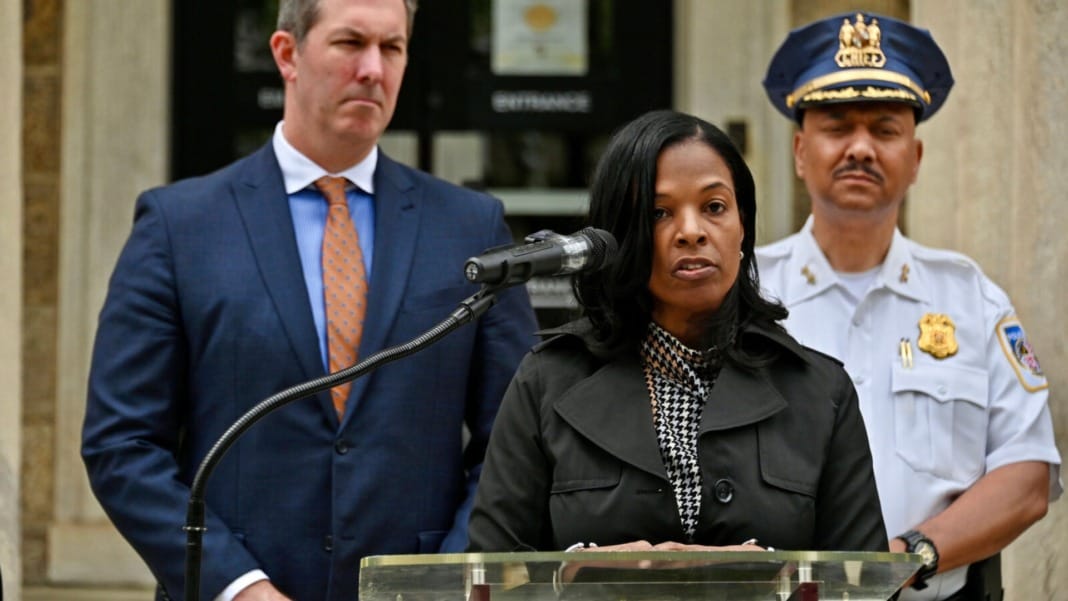A physical education teacher, who also served as the former athletic director at a Baltimore County high school, has been arrested under allegations of using AI voice-cloning technology to attempt to get the school’s principal fired.
According to the Baltimore Banner, local police are investigating a social media recording from January that was initially believed to feature Pikesville High School principal Eric Eiswert making racist and antisemitic remarks. However, experts have analysed the recording and noted several discrepancies, including a lack of natural speech patterns and background noise, leading them to declare it a fabrication.
The investigation led authorities to Dazhon Darien, the former athletic director mentioned in the clip, who reportedly used school computers to access AI tools and services provided by OpenAI and Microsoft Bing Chat. Further connections were made through an email and phone number linked to the release of the audio.
The exact AI voice platform used by Darien has not been disclosed.
Darien was apprehended at the airport last Thursday and charged with multiple offences, including theft relating to alleged mishandling of school funds, disrupting school operations, retaliation against a witness, and stalking. He was released on bail shortly after his arrest. Police believe Darien created the fake recording in retaliation against Eiswert, who was investigating the potential financial misconduct at the time.
This case emerges amidst growing interest and controversy surrounding AI-powered voice cloning technology. The realism of these voice clones has improved significantly, leading to their use in various misleading and illegal ways. For example, the political party of Imran Khan, the imprisoned former Prime Minister of Pakistan, used AI to mimic his voice during a campaign. Additionally, two Texas firms were found to have created a fake robocall that impersonated President Joe Biden.
In response to these incidents, the Federal Communications Commission implemented a ban on AI-generated robocalls in February. OpenAI also restricted public access to its Voice Engine platform in March, limiting its use to a select group of researchers to prevent misuse.
Legislative efforts are underway to further regulate this technology, with proposals such as the No Fakes Act and the No AI Fraud Act. These bills aim to prevent the unauthorised use of an individual’s likeness or voice by technology companies.





